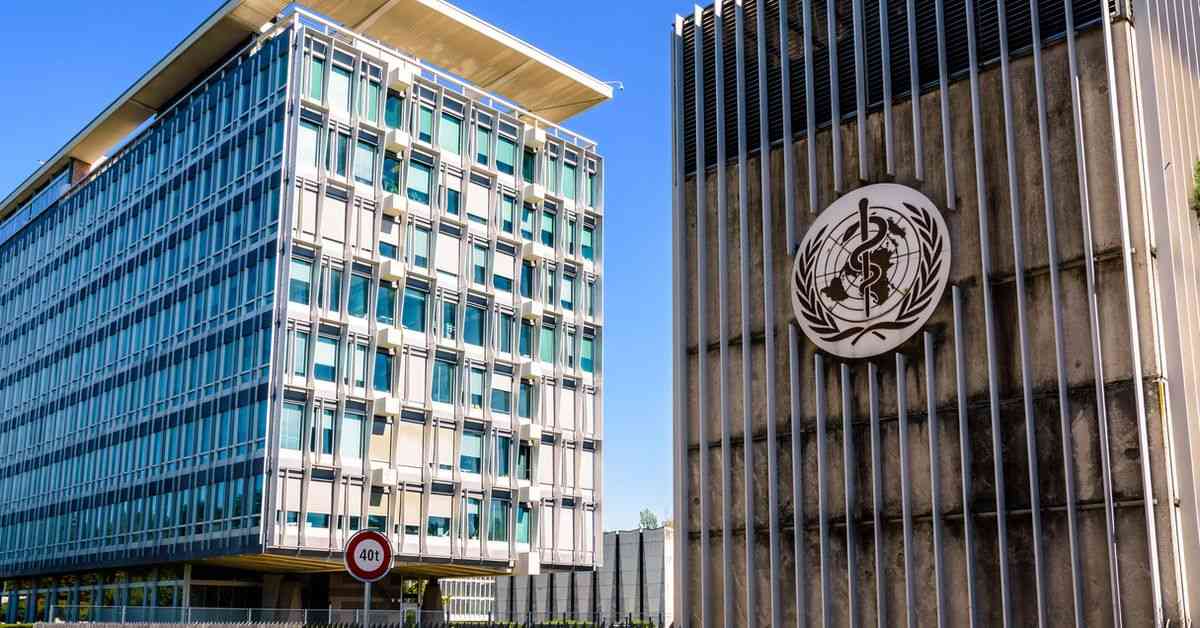An unidentified illness has claimed the lives of more than 50 individuals in the northwestern region of Congo, as reported by medical professionals on the ground and the World Health Organization (WHO). The rapid progression of symptoms to fatality, within a mere 48-hour window in most cases, has sparked grave concerns among healthcare workers. Serge Ngalebato, the medical director at Bikoro Hospital, a local monitoring facility, expressed his alarm to The Associated Press, emphasizing the urgency of the situation.
The outbreak first emerged on January 21, with a total of 419 cases documented, resulting in 53 deaths thus far. The WHO’s regional office in Africa disclosed that the initial cases in the town of Boloko were linked to three children consuming a bat, after which they succumbed to hemorrhagic fever symptoms within two days. This tragic incident underscores the longstanding apprehensions surrounding zoonotic diseases, which originate in animals and are transmitted to humans, particularly in regions where the consumption of wild animals is prevalent.
The WHO highlighted a disconcerting trend, revealing that the occurrence of such outbreaks in Africa has surged by more than 60 percent over the past decade. This escalation underscores the pressing need for comprehensive measures to address the root causes of these public health crises. Following a subsequent outbreak in the town of Bomate on February 9, samples from 13 affected individuals were dispatched to the National Institute for Biomedical Research in Kinshasa, the capital city of Congo, for thorough analysis.
Regrettably, initial test results ruled out common hemorrhagic fever diseases such as Ebola and Marburg, with some samples testing positive for malaria. This unexpected turn of events has posed a significant challenge for healthcare providers and researchers striving to identify the exact nature of the elusive illness and implement effective treatment protocols. It is imperative for the medical community to collaborate closely and leverage their expertise to contain the outbreak and prevent further loss of life.
Expert Insights on Emerging Infectious Diseases
Dr. Jane Doe, a leading infectious disease specialist, shed light on the complexities of combating emerging infectious diseases in resource-constrained settings like Congo. “The rapid spread of novel pathogens underscores the critical importance of proactive surveillance, prompt diagnosis, and robust public health interventions to mitigate the impact of outbreaks,” Dr. Doe emphasized. She underscored the urgent need for sustained investment in healthcare infrastructure and capacity-building initiatives to bolster pandemic preparedness in vulnerable regions.
Community Response and Global Solidarity
As news of the mysterious illness continues to unfold, local communities in Congo and beyond are rallying together to support affected individuals and their families. Humanitarian organizations, in collaboration with government agencies and international partners, are mobilizing resources to provide essential medical supplies, deploy healthcare personnel, and raise awareness about preventive measures. The outpouring of solidarity and compassion in the face of adversity exemplifies the resilience and strength of communities confronting public health challenges.
In conclusion, the unfolding crisis in Congo underscores the urgent need for coordinated action, scientific innovation, and global solidarity to combat emerging infectious diseases and safeguard public health. By fostering collaboration among diverse stakeholders and prioritizing equitable access to healthcare services, we can collectively navigate through these turbulent times and build a more resilient future for all.





